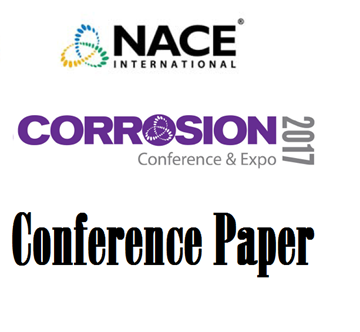Search
51314-3745-Compatibility of Elastomers with Biofuels
Also Purchased
51314-3729-Impact of Organic Acids on Materials Selections for Biofuel Plants
Product Number:
51314-3729-SG
ISBN:
3729 2014 CP
Publication Date:
2014
$0.00
Materials Compatibility Issues in Biofuels – A Review
Product Number:
51317-10039-SG
ISBN:
0039 2017 CP
Publication Date:
2017
$20.00
51315-5535-Compatibility of Sealing Materials with Biofuels and Biodiesel—Heating Oil Blends
Product Number:
51315-5535-SG
ISBN:
5535 2015 CP
Publication Date:
2015
$0.00
Recently viewed




